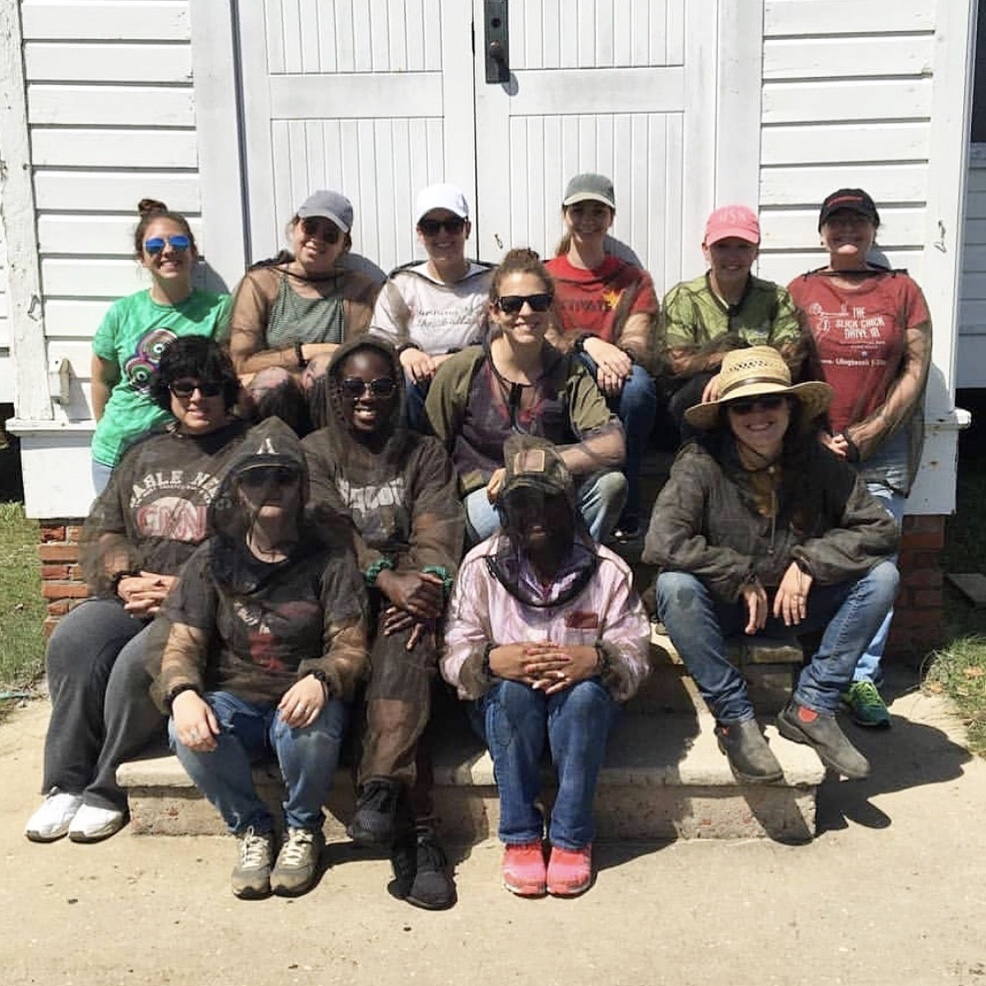Posted on September 3, 2020
Twenty years ago, the Marion Stedman Covington Foundation made a substantial gift to help kickstart UNC Greensboro’s historic preservation programs. Now, the foundation has committed to a new pledge to expand them.
Professor Emeritus Jo Ramsay Leimenstoll has led UNCG’s preservation curriculum since its start. As former chair of Preservation North Carolina and the National Alliance of Preservation Commissions Board of Directors, her expertise has greatly shaped this area of study.
“It’s basically the only one in the state,” said Professor Leimenstoll. “There are public history programs at other colleges and universities, but there isn’t one really focused on preservation like we are. So, we’re unique in that way.“
In addition to supporting the unit’s adjunct faculty and conference participation, the foundation’s gift will also help fund the Field Methods in Preservation Technology (IAR/HIS 555) course.
A core feature of the curriculum, this elective introduces students to current best preservation practices as they work to restore historic properties around North Carolina. It offers students hands-on experience and an opportunity to make a meaningful contribution to the state.
In 2018, students spent two weeks at Portsmouth Island, in partnership with the National Park Service, reviving the historic buildings of Portsmouth Village. This May, the class plans to repair “shotgun” houses ꟷ named for their architecture ꟷ in East Wilson Historic District, a historically significant African American neighborhood.
“We left feeling so good about having helped to keep these buildings intact,” said Professor Leimenstoll of the Portsmouth experience. “It’s a wonderful enhancement of the coursework students take, to be out in the field working on historic buildings.”
The gift from the Marion Stedman Covington Foundation will ensure this unique and transformative experience is available to UNCG students for years to come. It also signifies more opportunities for the University to make a valuable impact on communities around the state.
Story by Brittany Cameron, Advancement Communications
